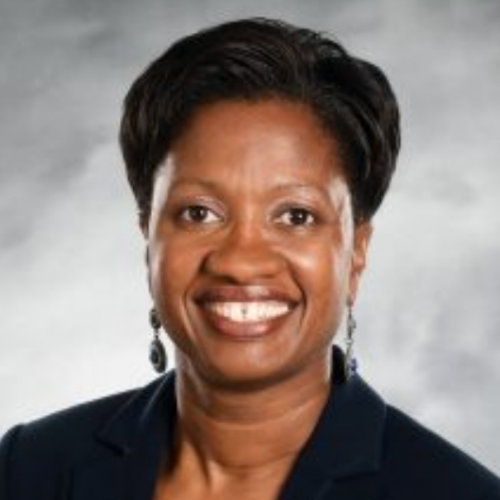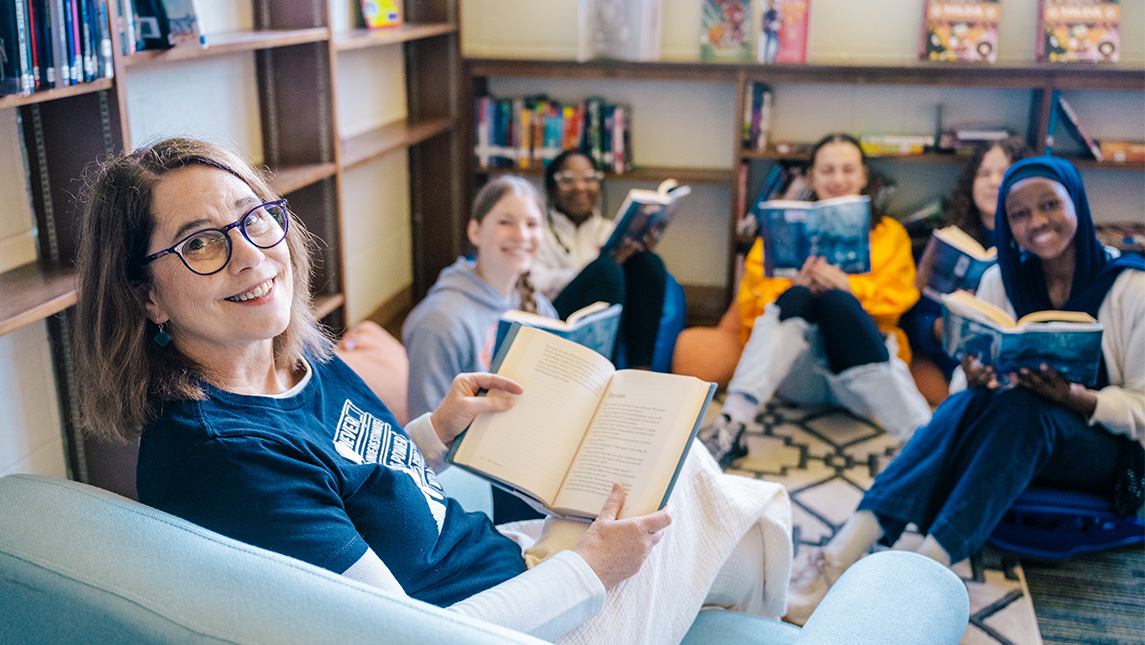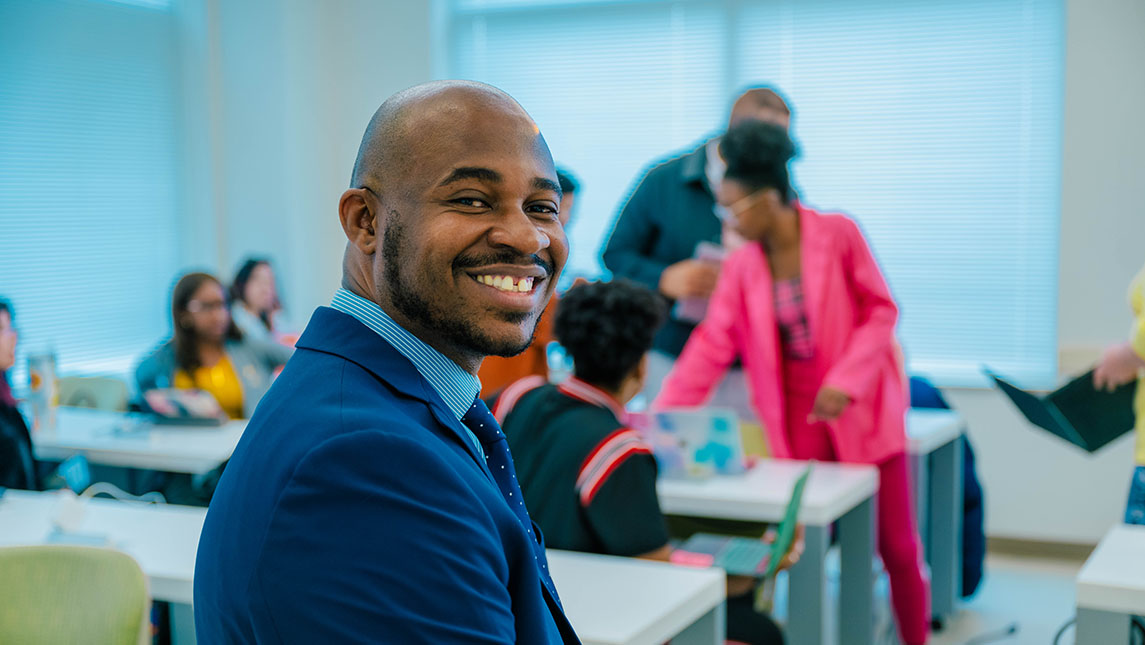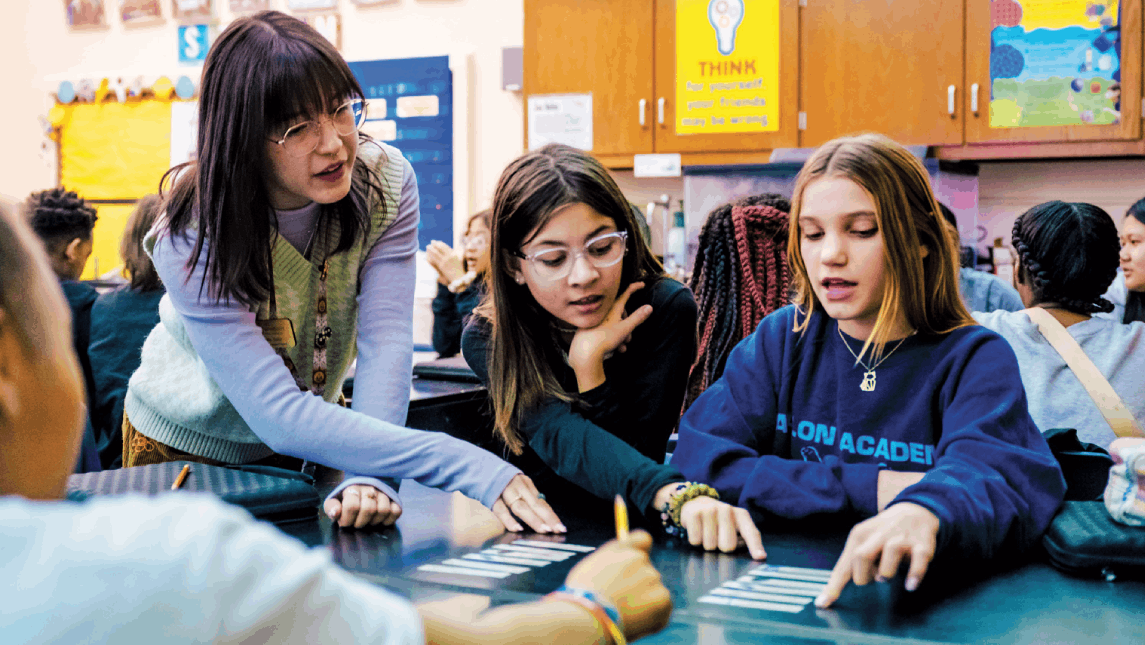The U.S. National Science Foundation announces the 2022 awardees of the Expeditions in Computing awards. The two awardees plan ambitious undertakings to explore emerging and transformative computing technologies that intend to innovate superconducting materials, devices and circuits and develop organic, neuron-based computing systems.
“The 2022 Expeditions awards address ways to continue to expand the power of computing, as the era of CMOS — short for complimentary metal-oxide semiconductor — growth is nearing the end,” added NSF Division of Computing and Communication Foundations Program Director Mitra Basu.
Dr. Aileen Reid (ERM) will serve as the Assessment lead for the Expeditions: Mind in vitro: Computing with living neurons, University of Illinois Urbana-Champaign.
Led by the University of Illinois Urbana-Champaign team, the Mind in vitro Expedition will develop science and technology to fabricate, model, program, scale and embody biological processors. For years, scientists have been working to make cells into computing elements. Now the team is developing living, neuron-based computing systems that are broadly programmable, responsive to stimuli and adaptable to their environment. The technology used in this project will break barriers that have prevented cellular substrates to recall memory and will be written and composed into algorithms and behaviors.
Future applications from this research may range from neuroscience — through living models that can be assembled to test conditions under which given behaviors emerge — to robots that are creative in navigating unforeseen situations, problems and opportunities, or even to types of computer memory where abilities can be stored and allowed to mature and evolve.
“In this Expedition, we imagined computers and robots that are human designed, but living; that can be programmed, but whose behaviors are not specified — and instead, emerge,” said Mattia Gazzola, principal investigator in this study. “These systems will grow, heal, learn and explore. They will open a new space of possibilities yet to be imagined.”



